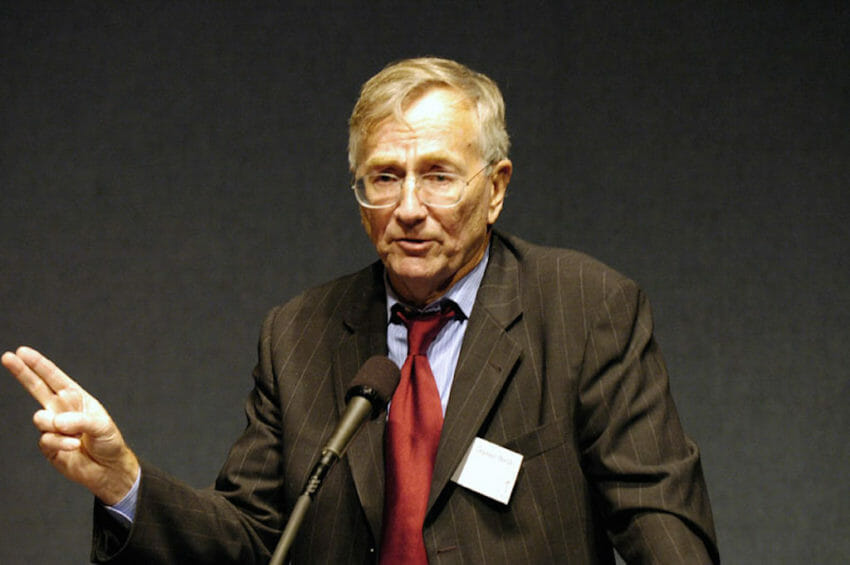Seymour Hersh Still Afflicting the Comfortable After 5 Decades of Investigative Journalism (Audio)
Investigative journalist Seymour Hersh has broken some of the biggest stories of the past 50 years. He won a Pulitzer Prize for his reporting on the 1968 My Lai massacre during the Vietnam War. His book “Reporter: A Memoir” delves into his reporting on My Lai, as well as on the Abu Ghraib prison in Iraq and the killing of Osama bin Laden.
Hersh joins Truthdig Editor in Chief Robert Scheer to discuss his war reportage and how opposition to President Trump may be responsible for a resurgence in investigative journalism among young people.
As they ponder why other journalists were hesitant to report on the notorious My Lai case, Hersh tells how he was sensitized to incidents of “tyranny” he witnessed as a young police reporter in Chicago, adding that self-censorship is something he has fought against much of his career.
Before covering the war, he says, he made a point of reading about the history of the conflict and quickly learned that “the war was a bloodbath.”
His reporting on My Lai stunned readers.
The U.S. soldiers of Company C “didn’t just kill babies,” Hersh notes. “They were throwing infants up and catching them on their bayonets.”
But Hersh and Scheer dismiss the idea that the killers were a uniquely twisted band of monsters who just happened to coalesce at a certain point in time. In fact, Scheer notes the journalist’s sympathy for the perpetrators of the massacre. “They had been radicalized by the fact that they were in a foreign country and didn’t understand anything,” Hersh explains. “In a way, they were victims, too.”
As he reported the incident, which the military quickly attempted to cover up, Hersh recalls visiting Paul Meadlo, one of the soldiers involved. When he arrived for the interview, he spoke to Meadlo’s mother, who said, “I gave them a good boy, and they sent me back a murderer.”
“God knows what made them do what they did,” Hersh says. But then he answers his own question. “They were trained to do that. In the Army, the first thing they did was take all social values away.”
Listen to their conversation below.
Robert Scheer
Editor in Chief
Robert Scheer, editor in chief of Truthdig, has built a reputation for strong social and political writing over his 30 years as a journalist. His columns appear in newspapers across the country, and his…







Geen opmerkingen:
Een reactie posten